Sage 100 France is one of the most prominent business management software solutions among French SMEs, serving approximately 43,000 clients. It is specifically tailored for small to medium-sized enterprises, providing essential modules that can function either independently or combined as an integrated ERP solution known as Sage 100 Entreprise.
It's important to clarify upfront that Sage 100 France does not offer an API. Instead, integration relies on Sage's proprietary "business objects" or "objets métiers," requiring advanced technical expertise. To better understand Sage’s full software offerings in France, consult our detailed article: Understanding Sage’s Software Offering in France.
Integrating your software solutions with Sage 100 France allows you to:
- Offer automated processes to your users such as automated generation of accounting entries
- Pull accounting and invoicing data into your software to update fields or offer features such as forecasting
- Enhance overall accuracy by reducing the risk of error associated with manual entries
We’ll walk you through the key elements of integrating with Sage 100 France, complete with tips, and integration scenarios.
How do you integrate with Sage 100 France without an API?
Sage 100 France does not provide a native REST API. Integration is managed through Sage’s proprietary C# library known as "objets métiers." Due to this unique approach, integrating software with Sage 100 is more technically demanding, especially as it requires deploying a local agent for real-time data synchronization between the locally hosted Sage software and cloud-based solutions.
Sage 100 is available in three distinct variants:
- Sage 100 On-Premise: Traditional version installed directly on the client’s local server. Utilizes local access to Sage 100 Business Objects and Microsoft SQL Server, necessitating a local agent for cloud connectivity.
- Sage 100 SPC (Sage Partner Cloud): Hosted on Microsoft Azure through Sage’s Partner Cloud service. It provides direct access to Sage 100 Business Objects designed for SPC environments, again requiring a local agent for connectivity.
- Sage 100 Online: Hosted on a shared Azure environment managed by Sage, with no connectivity available to Sage 100 Business Objects. This version does not support integrations and is not accessible via Chift’s Unified API.
The local agent serves as essential middleware, allowing locally-run Sage 100 instances to communicate securely and effectively with Chift's Unified APIs. For more insights, explore our dedicated article on local agents: What are local agents?.
Through Chift’s Unified Accounting API and Unified Invoicing/CRM API, businesses can effortlessly connect to Sage 100 France, alongside numerous other accounting, invoicing and ERP platforms, simplifying their integration strategy.
[[cta_unified_general]]
Examples of Sage 100 France integration use cases
Integrating Sage 100 France significantly enhances operational efficiency and expands the capabilities of your software solution. Here are common use cases:
Cashflow forecasting - Agicap (cashflow management)
Agicap uses Chift’s Unified Accounting API to import their users’ open invoices (supplier and clients) from their respective accounting software (including Sage 100 Comptabilité) into Agicap and gain access to future cash operations.
Please note that Agicap also uses the connector to send pre-accounting data to Sage 100 France, automating accounting for their users.

Read the full case study here: How Agicap enhances cash flow management through seamless integrations with Chift
Powering pre-accounting - Pennylane (accounting software)
Pennylane users can automatically import accounts receivables data from Sage 100 FR (and a multitude of other ERPs and invoicing software) to create accounting entries in Pennylane, saving hours of tedious manual work business and accountant.

Read the full case study here: How Pennylane simplifies integrations and achieves super-connectivity with Chift.
Our clients use our Unified Accounting and Unified Invoicing APIs for many other use case, such as powering payment reconciliation, digital lending and cashflow forecasting. Find out more about The Best Use Cases of a Unified Accounting API in our dedicated article.
Best practices for integrating with Sage 100 France
There are some best practices that will ensure a robust and efficient integration with Sage 100 France. Consider the following tips during your integration process:
Data Extraction via SQL
The "objets métiers" library provided by Sage can be slow for extracting large volumes of data. Thus, using direct SQL queries to extract data is highly recommended.
Data Entry via Business Objects
Always push data into Sage 100 using the "objets métiers" library. Avoid using direct SQL inserts to prevent potential data corruption. The advantage of using the library is that it ensures data integrity by enforcing Sage’s business rules and logic.
Integrate with Sage 100 France and other major financial software through one Unified API
Chift’s Unified APIs provide an efficient solution to integrate with multiple major European accounting and invoicing platforms simultaneously. In addition to Sage 100 France, you can connect seamlessly with other leading platforms such as Pennylane, Sage Génération Experts, MyUnisoft, Paypal, Qonto, Axonaut, and Inqom, among others.

By leveraging Chift's unified integration approach, businesses significantly reduce development and maintenance complexity, accelerate deployment timelines, and enable rapid scalability. In turn, your dev team can stay focused on your core features while your marketing and sales team can advertise integrations with the tools used by your prospects.
Ready to experience the advantages of Chift’s streamlined integrations? Reach out to our team today to schedule a demonstration!
Sage 100 France integration FAQ
What Sage 100 FR endpoints are accessible?
Integrating with Sage 100 gives you access to multiple data models, depending on the module, to push or pull information. Here are just a few:
Sage 100 Comptabilité (through our Unified Accounting API)
- Clients
%%/clients%% - Suppliers
%%/suppliers%% - Invoice attachments
%%/attachments%% - VAT Codes
%%/vat-codes%% - Journal Entries
%%/journal/entries%%
Sage 100 Gestion Commerciale (through our Unified Invoicing API)
- Contacts
%%/contacts%% - Products
%%/products%% - Taxes
%%/taxes%% - Invoices
%%/invoices%%
Consult our Sage 100 France documentation for a list of all the available endpoints.
Does Sage 100 have an API?
No, Sage 100 France doesn't have a traditional API. Instead, it uses a proprietary C# library called "objets métiers" to facilitate interactions with Sage 100 data objects.
How do you get the Sage 100 API Key?
Sage 100 does not provide an API key as it relies on local agent software to facilitate data communication and integration.
What are Sage 100 API rate limits?
Since Sage 100 does not have an API, there are no inherent rate limits. Chift also imposes no additional rate limits within our Unified APIs.

.jpg)
.jpg)
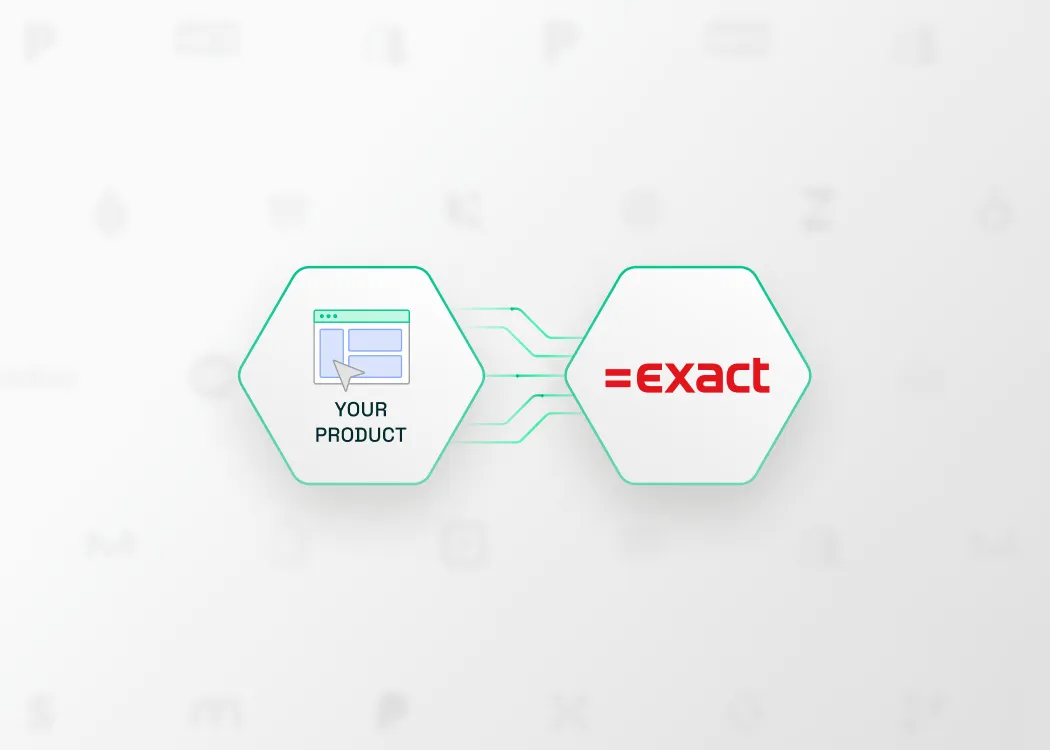
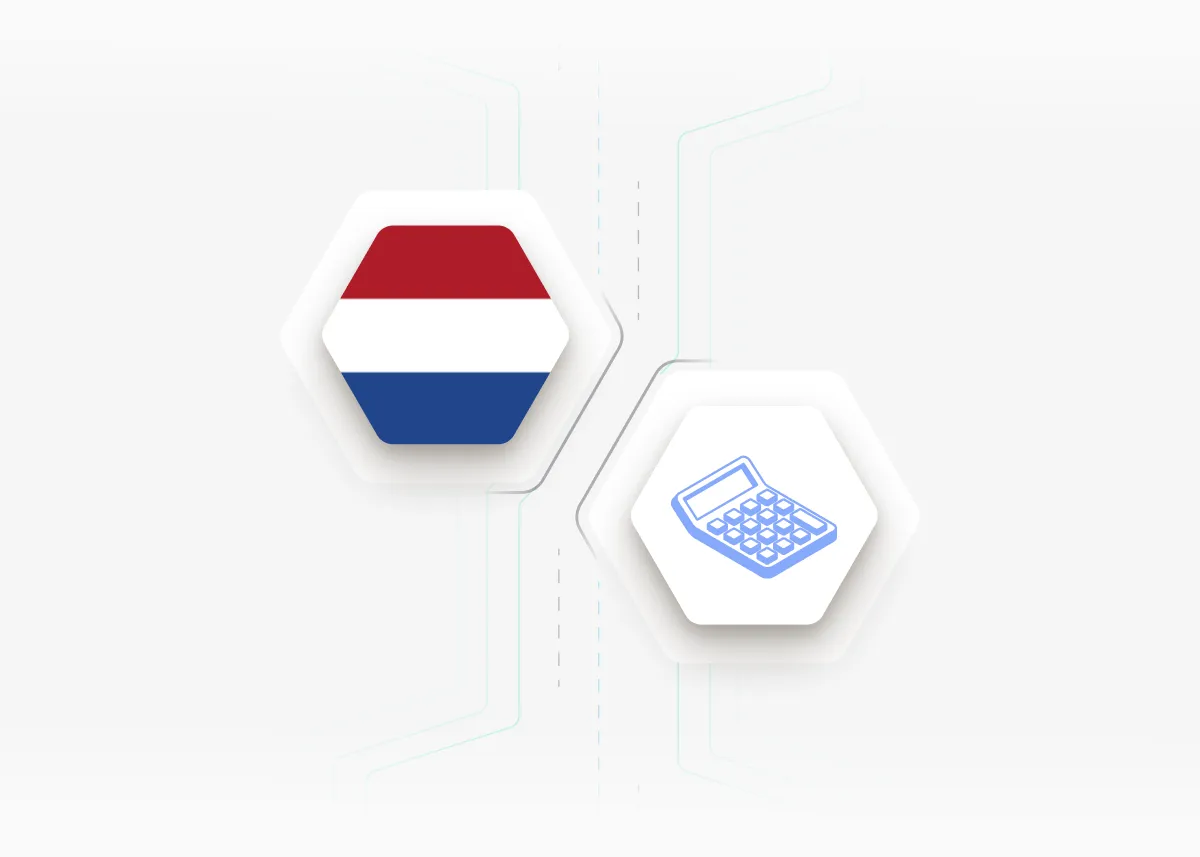
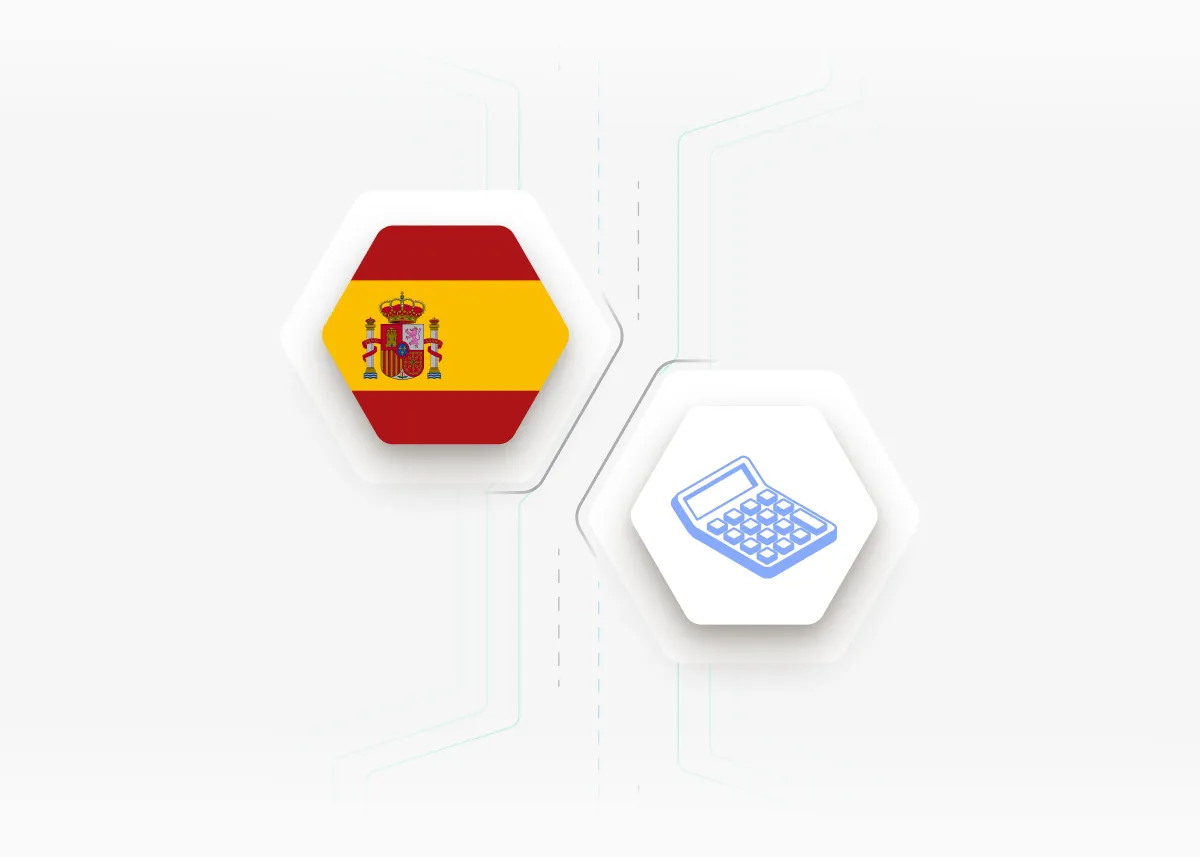
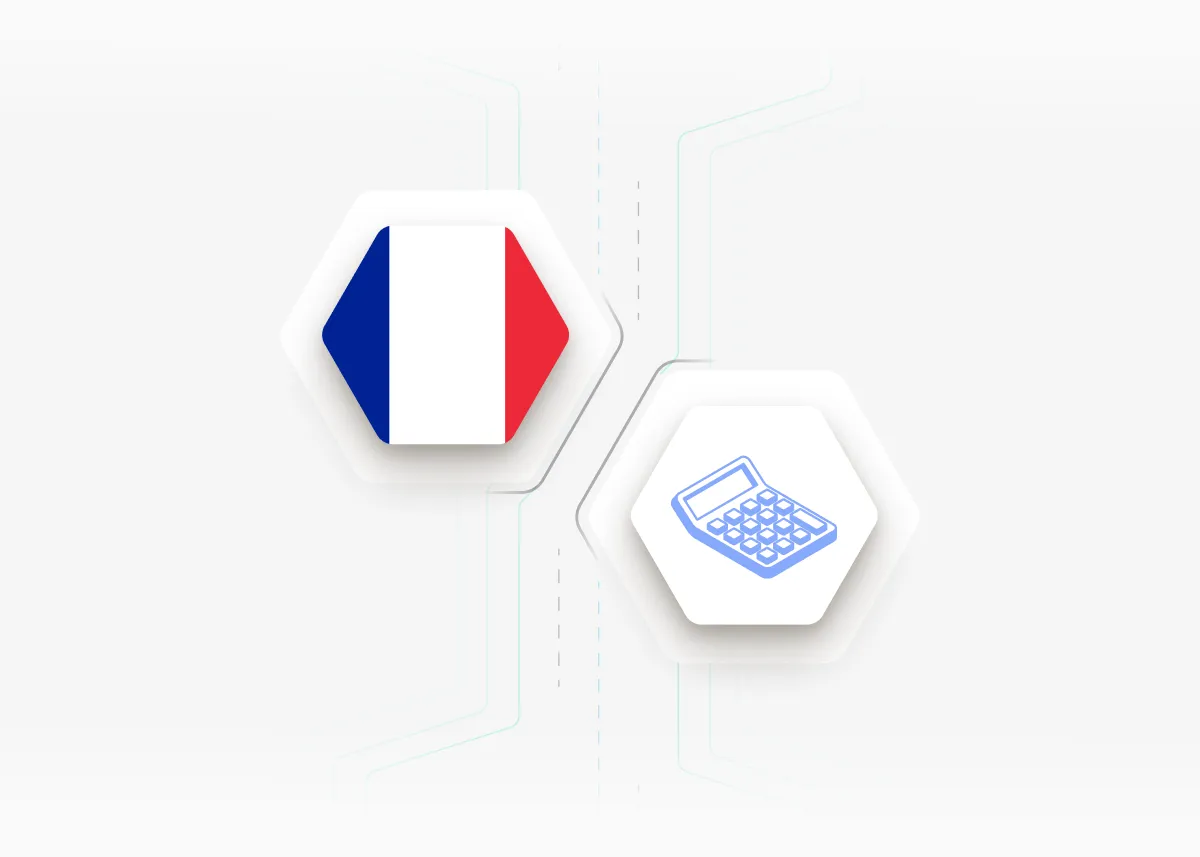
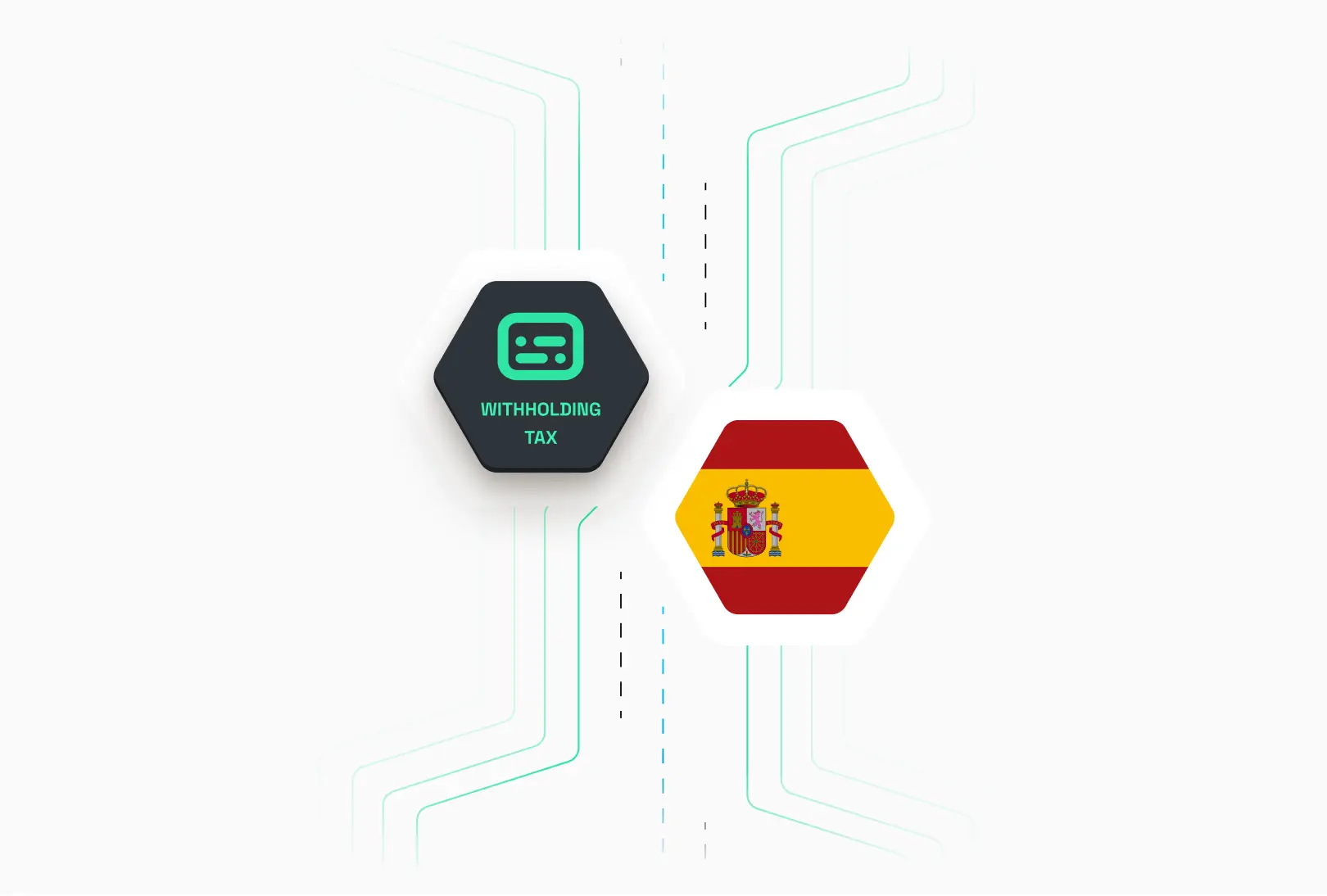

.webp)
.webp)
.webp)
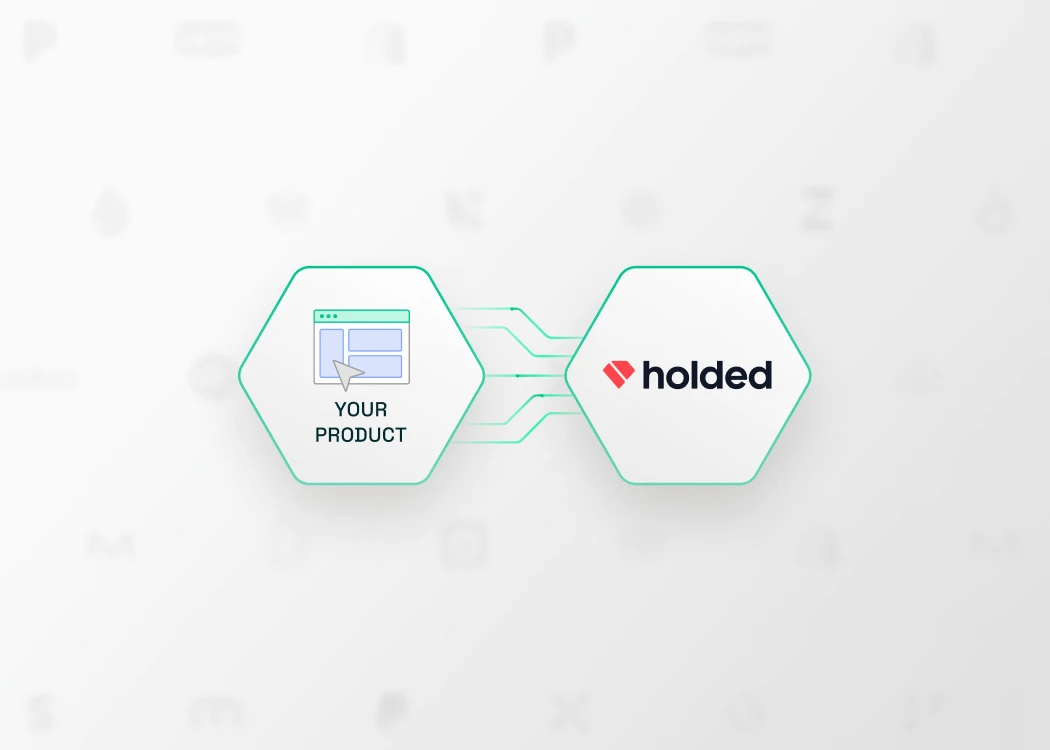
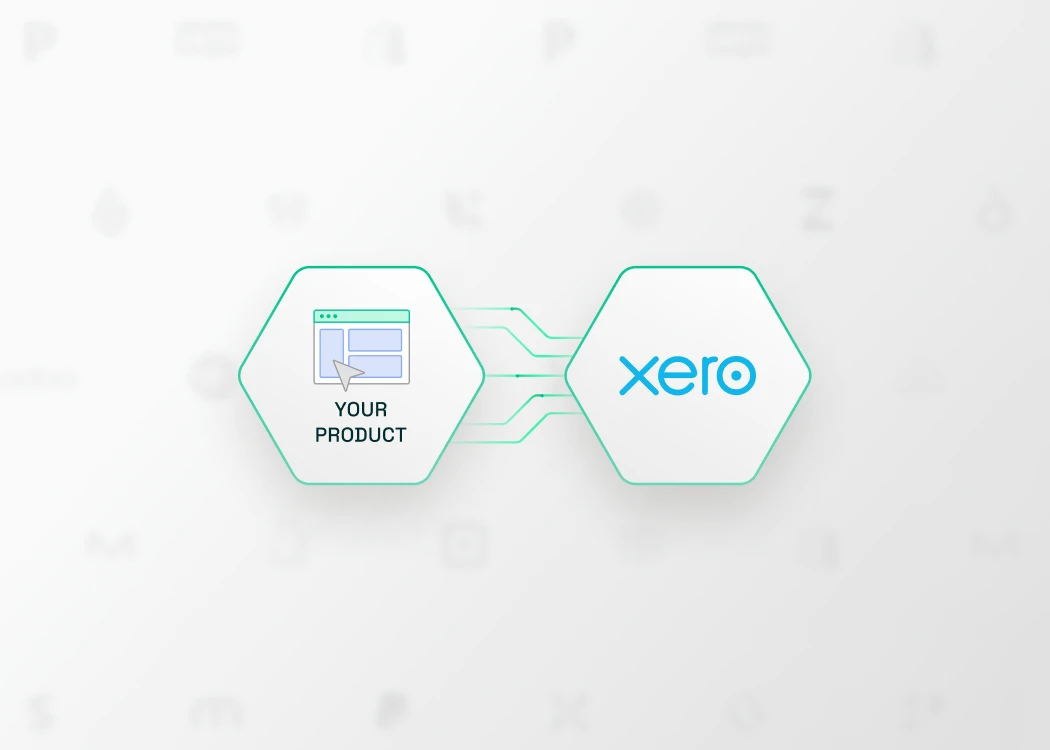

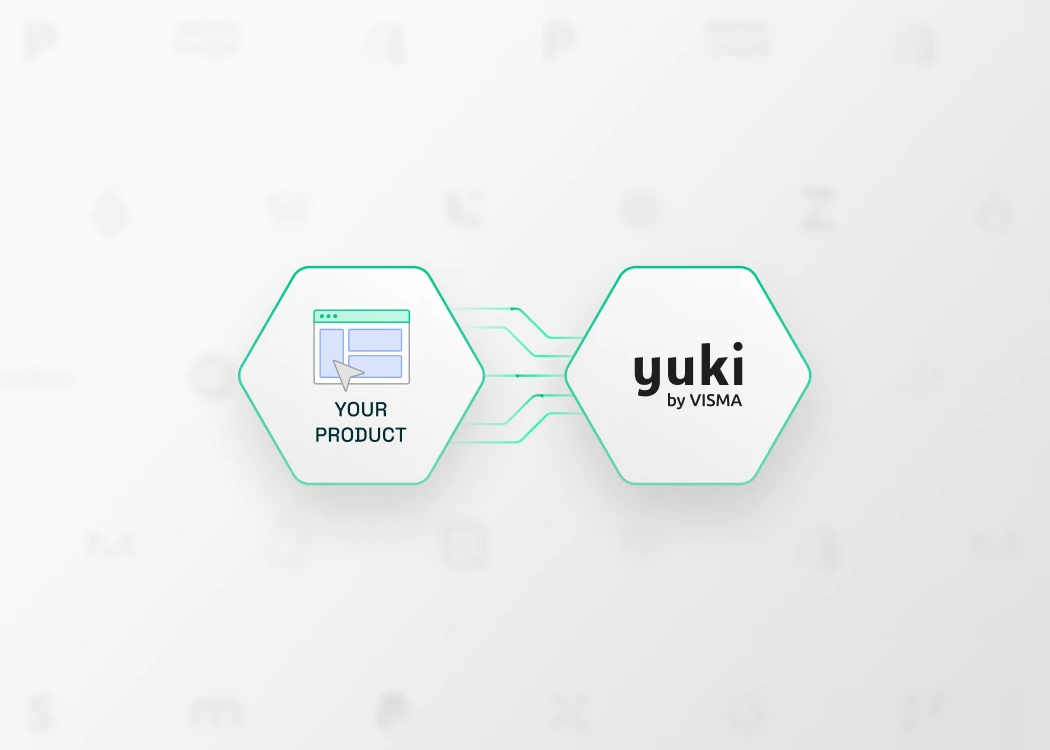

.webp)
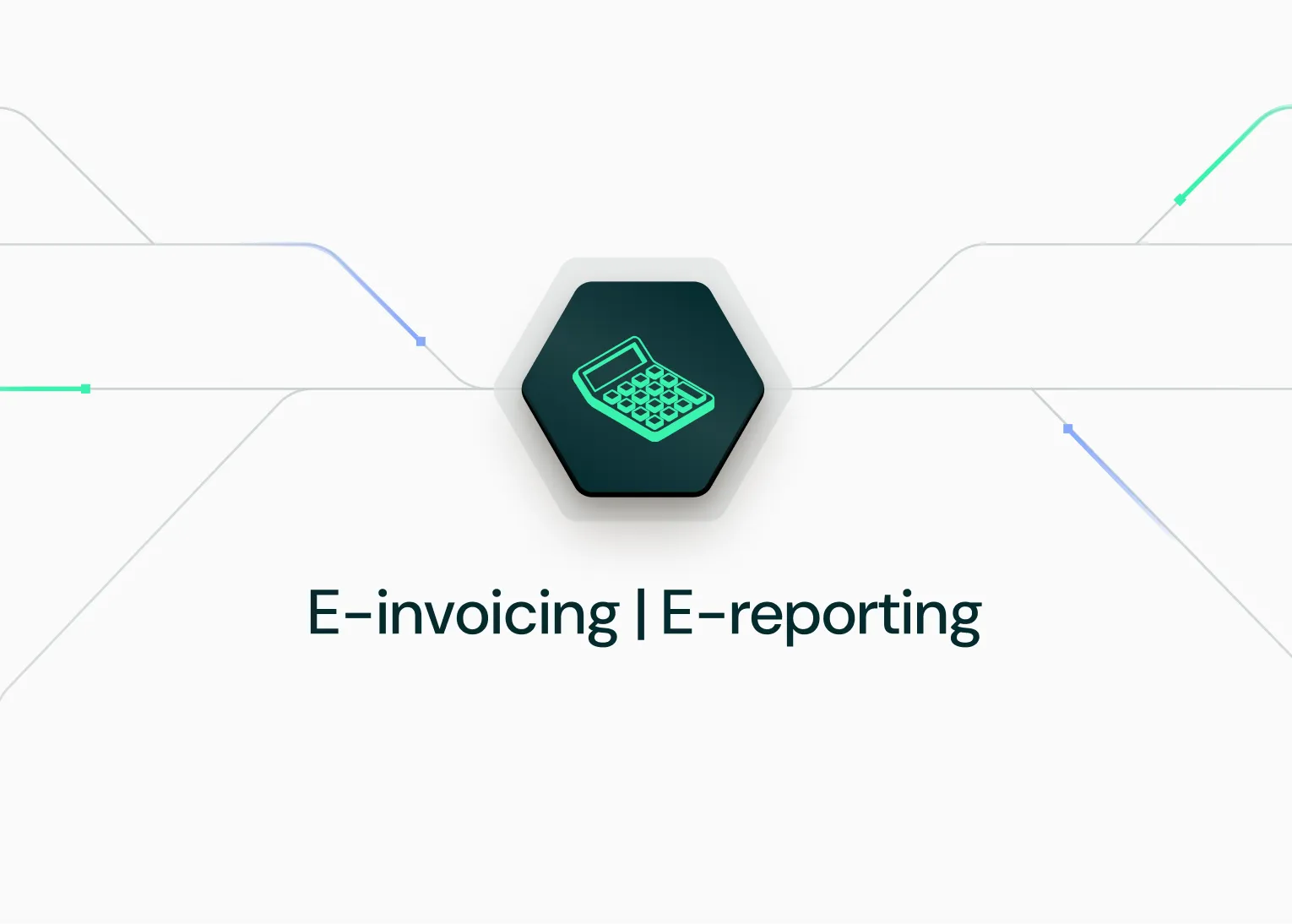
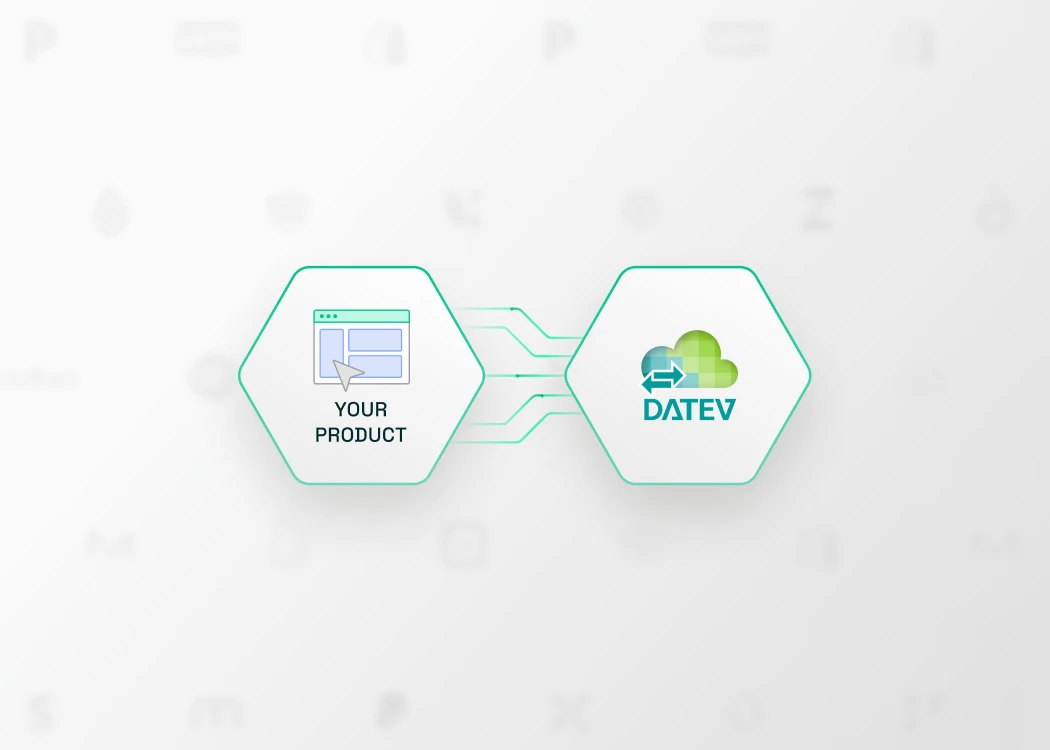
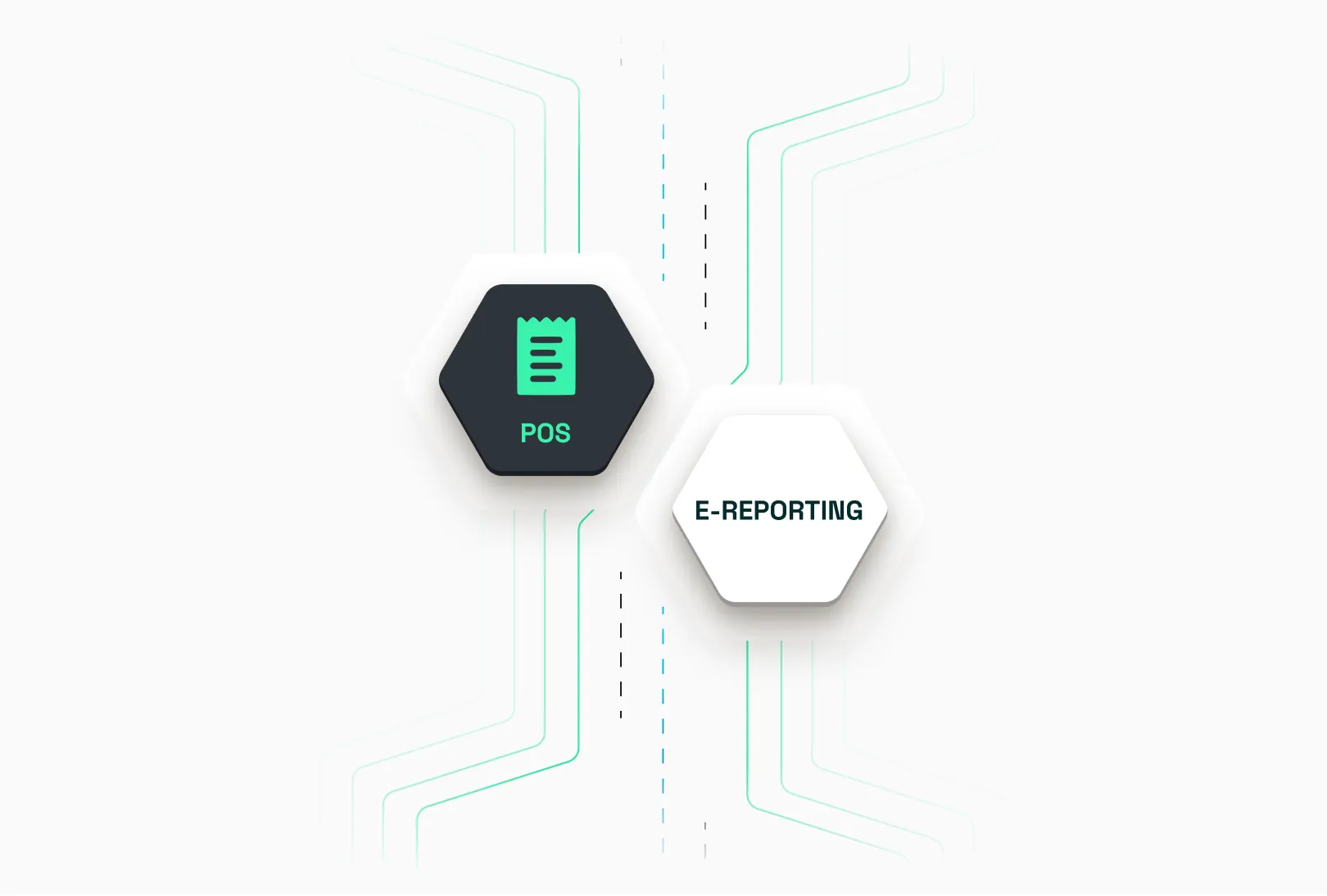
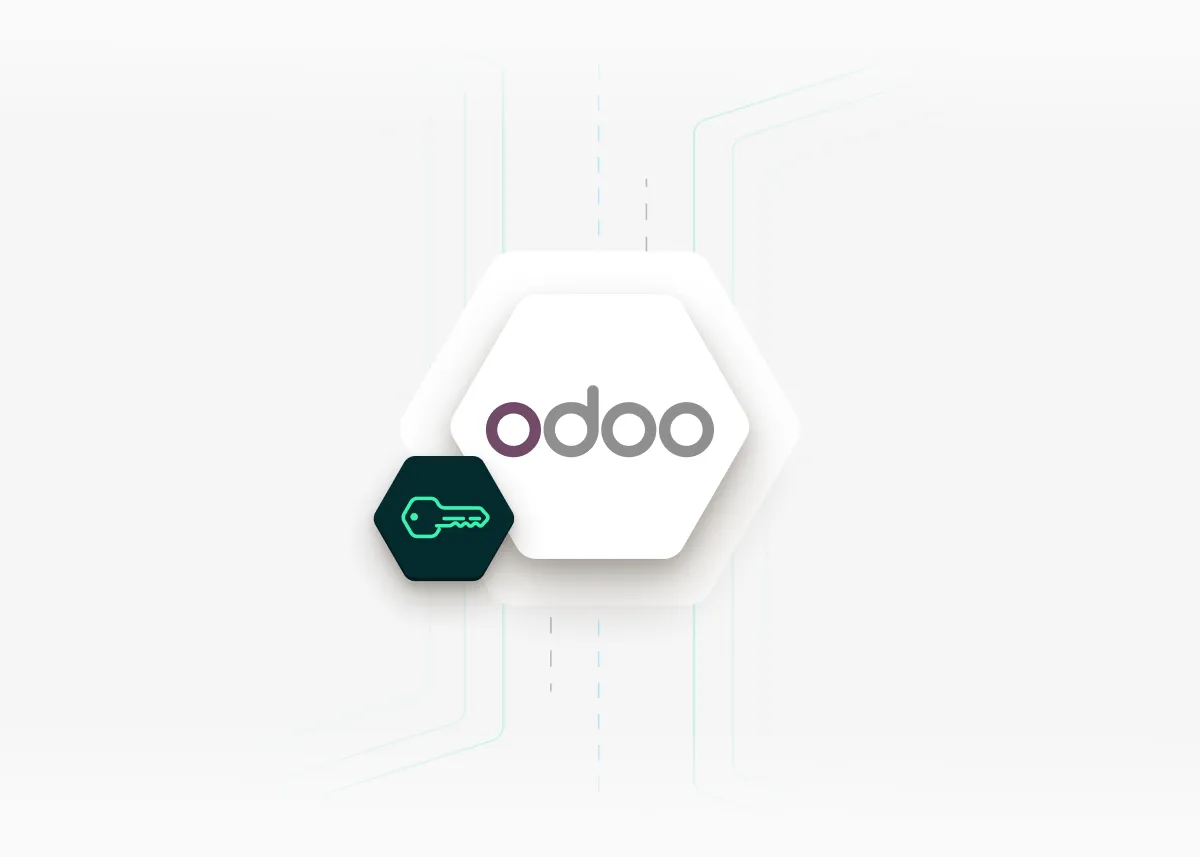
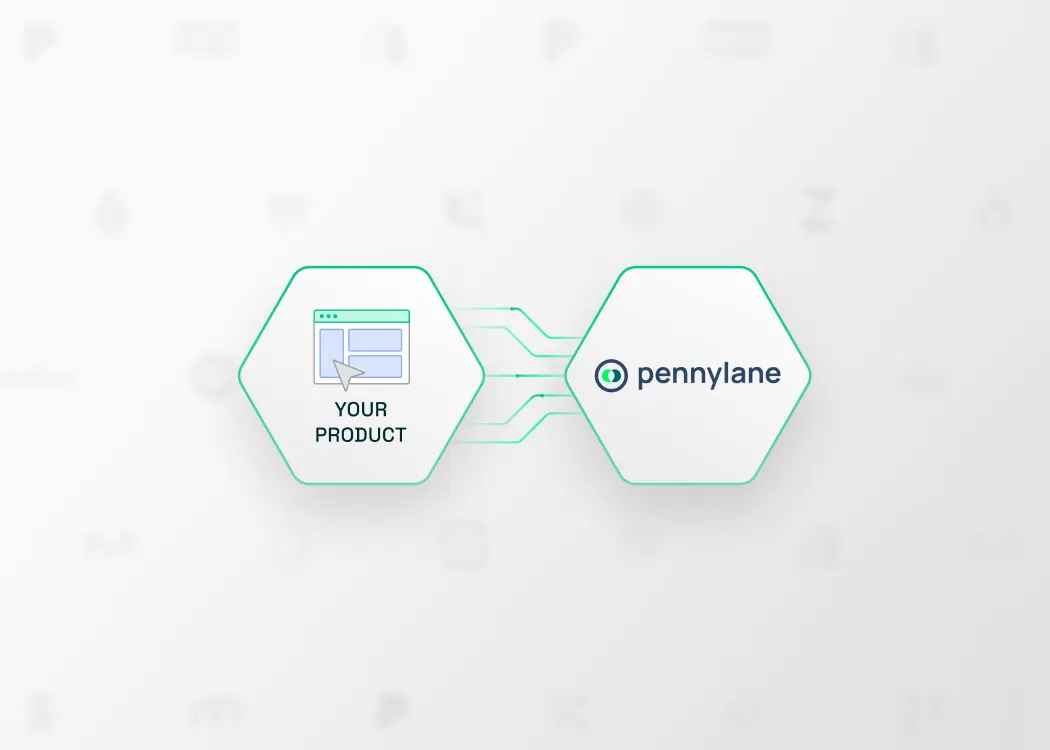

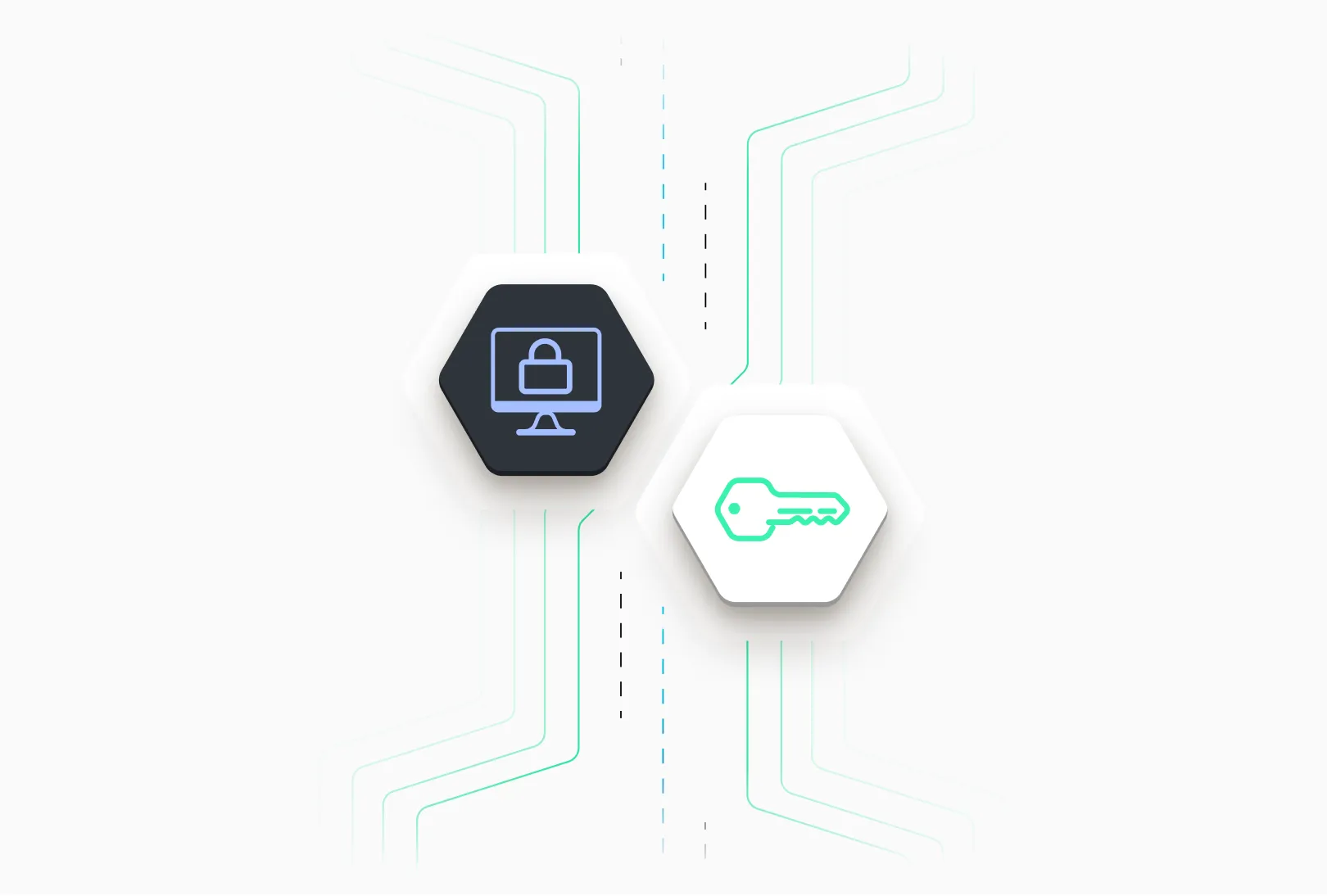
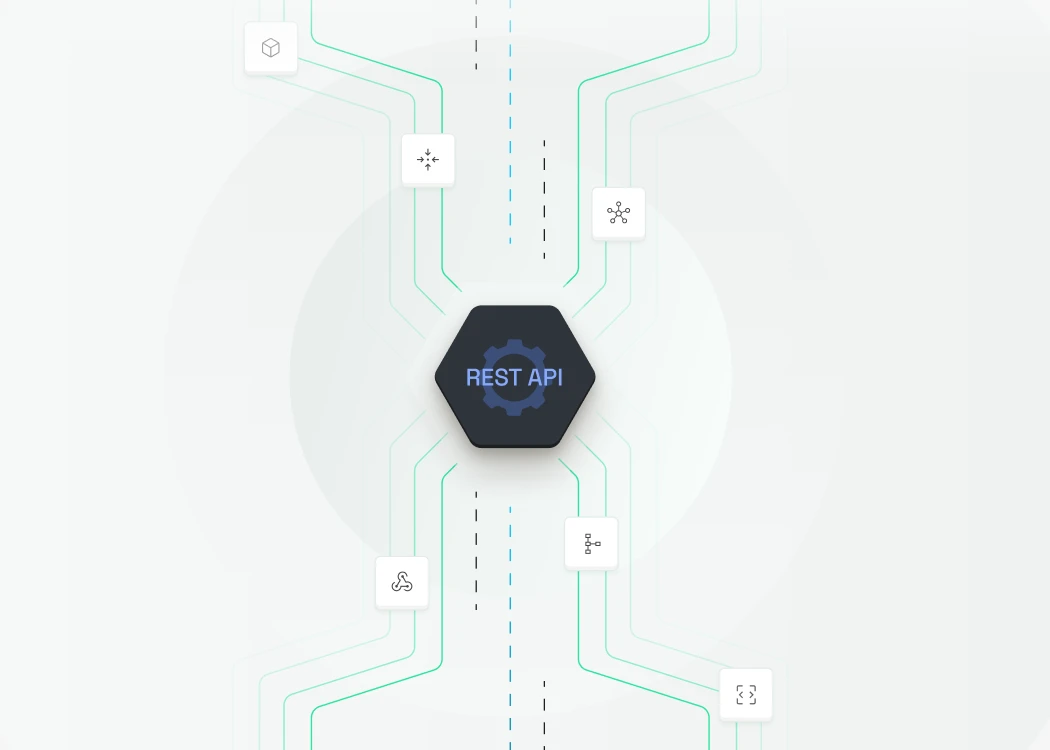




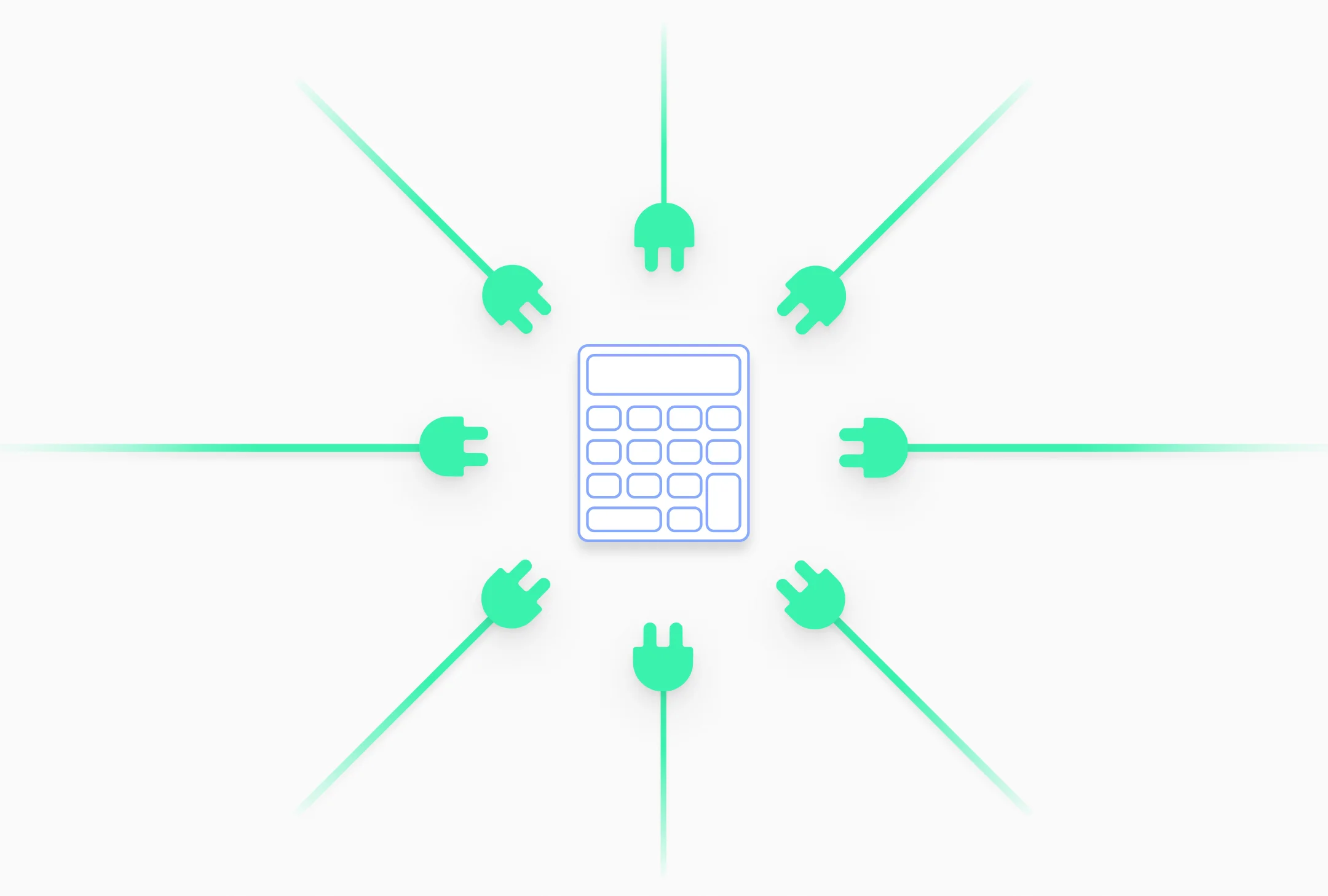
.avif)



